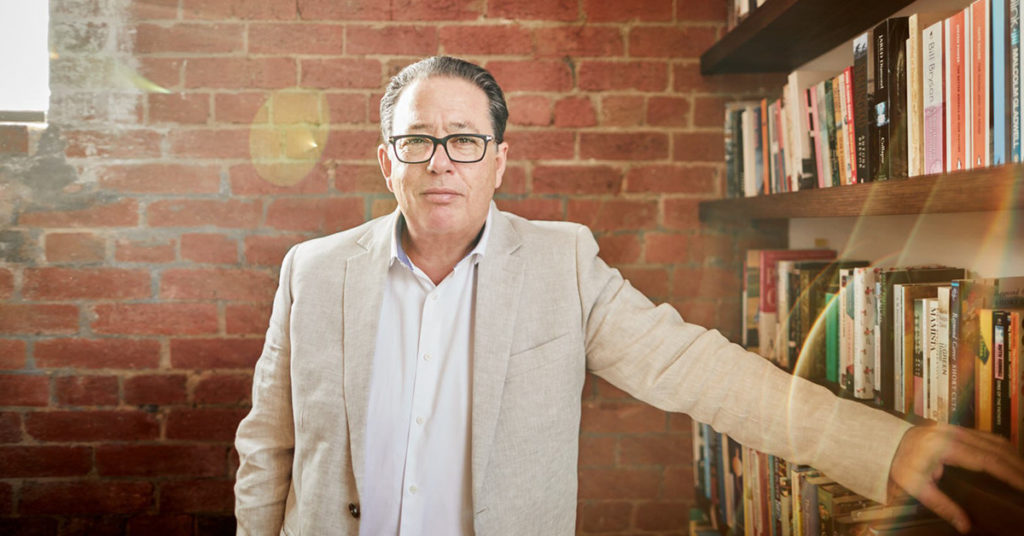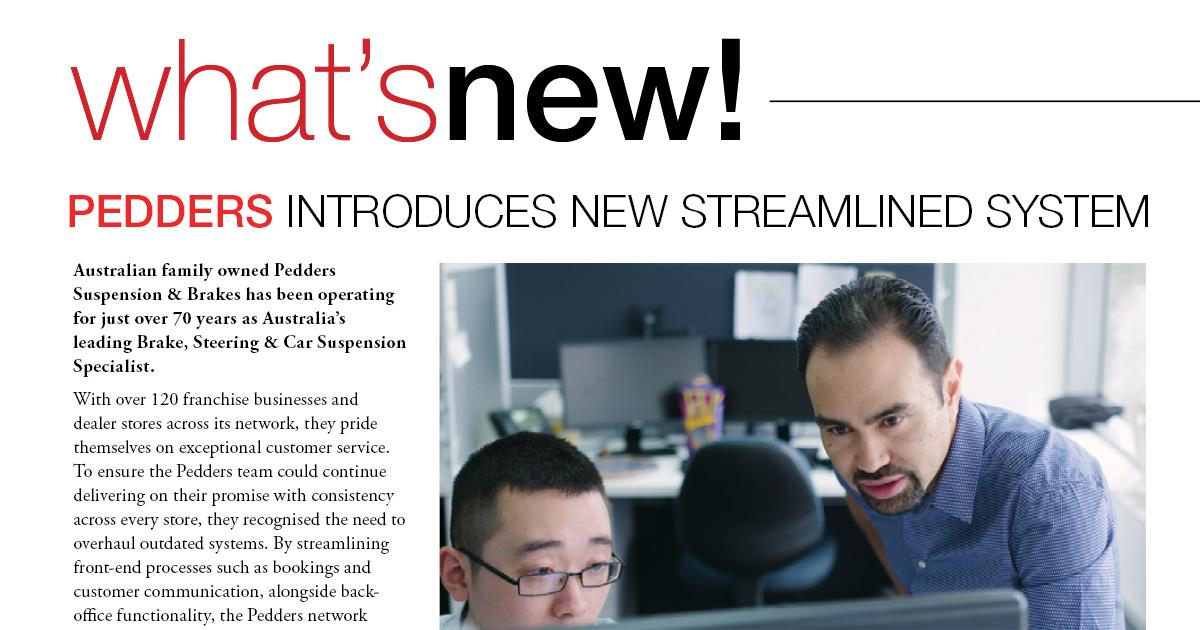Andrew Griffiths, Entrepreneurial Futurist shares what’s on the mind of Australian business leaders

We caught up with Entrepreneurial Futurist, bestselling author and global presenter, Andrew Griffiths to get his thoughts about what’s happening right now in business. Andrew specialises in helping entrepreneurs and business owners build businesses of substance, drawing on his own 35 years of experience working with some extraordinary people and organisations, writing 14 books, sold in over 65 countries around the world and presenting over 750 keynotes and workshops.
What are you talking to leaders about?
I’ve done a lot of work with organisations recently on the topic of change. While change in business is not new, the pandemic has delivered a never seen before flavour of unpredictability that is unrelenting! As a result, our vulnerability in business has really been put to the test – and a key determinant of success in this new COVID-driven landscape is the expertise and dedication of employees. In the last few months, we’ve heard a great deal about the inspirational organisations who reinvented themselves, deploying new business models – and many of the best ideas came from employees and customers. The people who surround a business are the strength in any storm – they offer the resilience to make shifts, the expertise to identify fresh opportunity and the dedication to deliver.
The great resignation is dominating headlines. When you look at the core reasons the best talent leaves an organisation it is because they are not respected, rewarded or recognised. Leaders must take the opportunity to look inwards, put quality thinking into what their business will look like in the next three or five years – and then work to retain and nurture the talent that will help them get there! Managers must get better at having conversations with their team – it’s about connection and engagement.
During a crisis marked by uncertainty, some leaders have a tendency to wait for things to “get back to normal” before they start planning. This delayed action can be highly detrimental as fortune favours the early mover! The important point is that it can be really hard work to make change in business. Change takes creativity – and importantly dedication, to remain undefeated by the effort that is typically needed – and the inherent friction that occurs. As we know there are some businesses that unfortunately could not achieve change. The ability to recognise opportunity and support change was just not in the psyche of their leaders, or the culture of the organisation. Without the collective vision and will to transition, change is hard to sustain and any gains made are an anomaly.
The incredible thing though is that when fully supported, the momentum of change can be powerfully engulfing. You soon realise many of the smallest tasks or process changes that were identified as, “Oh, I couldn’t possibly do that…” can benefit from a refresh. Take for example video consultation – something that many businesses offer now which was simply not on the agenda before the pandemic!
Organisations must identify and understand what’s changing in their space and be constantly evolving to show their customers fresh value through new products, services, etc. Timely and insightful change is how a business ensures their customers have no reason to even glance at a competitor!
What’s a good starting point for change?
Canvas the wisdom of the tribe – with a seasoned and trusted guide to facilitate this. It may be tempting to completely outsource the process – hire an agency to do a few workshops with a select group of employees and then roll-out the “new plan”. This approach typically fails because a business is complex and it is almost impossible to understand the nuances of key customer relationships and value proposition after a few workshops. A poorly researched go-to-market strategy from an external consultancy for example, will soon be questioned by the sales and marketing team who are forced to implement it. Initially in whispers, but then this displeasure can turn into rebellion and the strategy eventually becomes abandoned.
Invest the time to really draw out the knowledge of the team, your customers and partners – focus on the real actions that need to be done. It can even be small changes – often this makes the biggest impact. Examine what differentiates your business, the strengths that need to be made stronger and the weaknesses that need to be understood and addressed. As a bonus, you will have much greater buy-in from your community which will contribute to the success of the initiatives. It’s also a terrific exercise in showing these people they are respected and that their knowledge is recognised.
How has the role of the CEO been impacted?
The drawn-out pandemic impacts CEOs in a profound way. Many have watched their plans crumble and largely been forced to take that on the chin as they keep moving forwards, managing shareholders, boards – and doing the right thing to keep employees motivated and in good mental health. This has been tremendously hard – especially if the CEO is herself/himself not feeling 100%.
In my opinion, a crisis of this nature sets apart a good CEO from an exceptional one who not only navigates the change but prepares the team to accelerate out of the curve. The critical differentiator, from what I’ve seen, is how well the CEO did before the pandemic in creating a trusted and skilled management team – who are now able walk the journey with her/him.
While being a CEO has been described as the loneliest job in the world, the best leaders I know build a team of experts who recognise the value of fresh ideas – and are ready to support the best decisions being made for the business they are creating together.




Let's stay connected
Be the first to receive our resources, including news about your industry.


